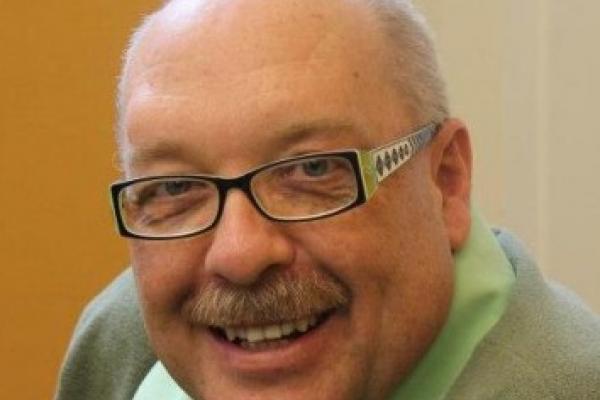Fred Phelps, famous for picketing funerals with vicious anti-gay messages, died this week. His estranged son, Nate, had posted on Facebook that the 84-year-old Phelps had been excommunicated from his own Westboro Baptist church and was in hospice end-of-life care.
Nate and other Phelps children and grandchildren abandoned this church of hate over the years. In the end, Fred Phelps died without the comfort of church or family.
When I heard Fred Phelps was on his deathbed, I grieved for Nate. His whole life was spent either learning the lessons of hatred from his father — or recovering from them. I grieved that Nate Phelps was banned by his family from saying a final goodbye to his father which could have brought healing and closure for Nate in his battle against hate.
Read the Full Article

